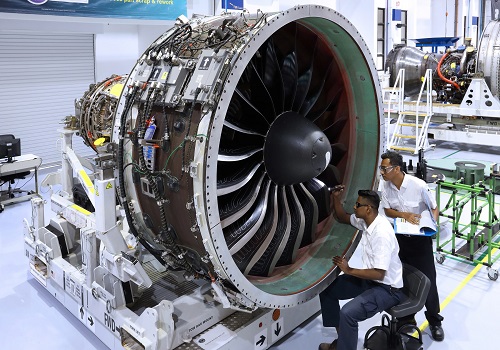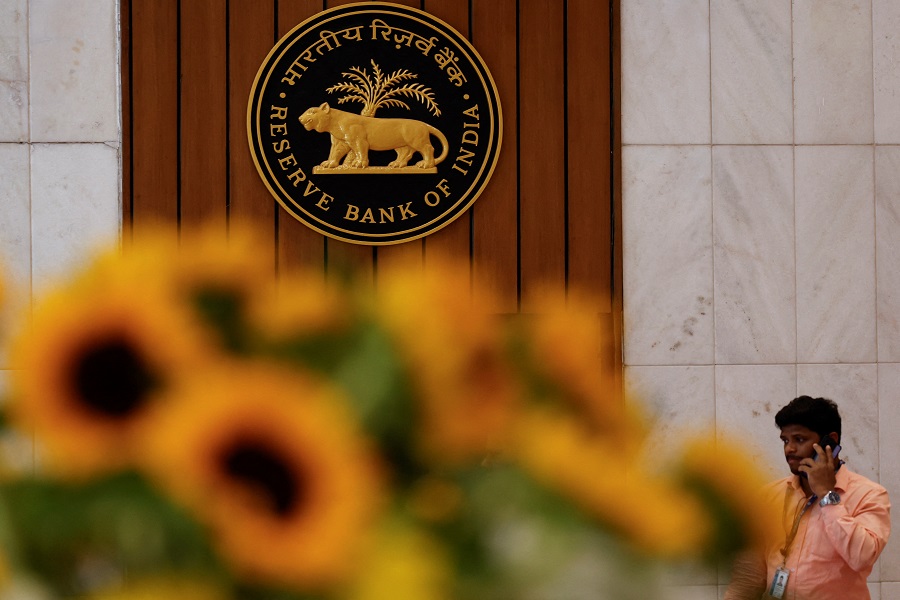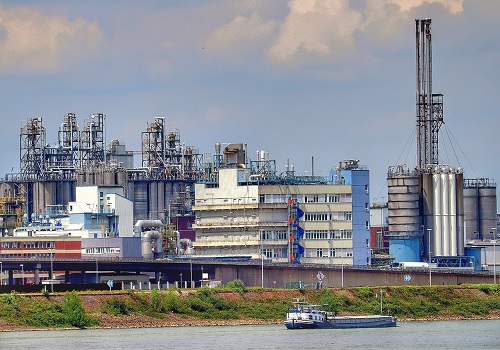Why Self-reliance in defence is important?

Naveen Gogia, Executive Vice President & Co-Head - Sales & Distribution - HDFC Asset Management Co. Ltd
India in Amrit-Kaal is gearing up to take centre stage on the global front. This journey, though remarkable, may not be without challenges. In modern history, India has fought several wars and faced numerous threats to its national security. Here is a brief history of Indian wars:
* First India-Pakistan War (1947-1948): The first war between India and Pakistan began soon after the partition of India in 1947. The war resulted in India’s victory.
* China-India War (1962): The Sino-Indian war was fought between India and China in 1962 over a territorial dispute in the Himalayan region. The war ended in China's victory but it highlighted India’s under-preparedness for war.
* Second India-Pakistan War (1965): The war ended in a stalemate but US imposed an embargo on export of arms to India which led to deepen defence ties with USSR.
* Third India-Pakistan War (1971): India's victory in the war established its military superiority over Pakistan. This war was also a high point in operational efficiency for the Indian Army.
* Kargil War (1999): India’s victory showcased military preparedness and tested military capabilities.
India shares its land borders with seven neighbouring countries i.e. Pakistan, China, Nepal, Bhutan, Bangladesh, Myanmar, and Afghanistan. India's coastline extends over 7,500 km and is surrounded by the Arabian Sea to the west, the Bay of Bengal to the east, and the Indian Ocean to the south. India's coastal region is of great importance due to its strategic location, which provides easy access to important sea routes connecting the Middle East, Rest of Asia, Europe, and Africa. The coastal region is also a hub for maritime trade and plays a crucial role in India's economy, contributing significantly to the country's GDP. The coastal region is also home to several important ports, including Mumbai, Chennai, and Kolkata, which handle a significant amount of India's international trade.
The conflicts and physiography of India highlight the importance of self-reliance, making defence readiness critical to peace, prosperity and social well-being. As per world Bank report, countries with weak defence capabilities have seen rise in conflict, unemployment, poverty besides war fatalities.
Given its geopolitical position, diverse security challenges, and the need to modernize its armed forces, self-reliance in defence is critical to India. The concept of self-reliance in defence can be understood as the ability to design, develop, and manufacture defence equipment and systems indigenously, with minimal dependence on foreign suppliers. India has historically been dependent on imports to meet its defence requirements, which has resulted in issues like cost overruns, delays, and technological obsolescence.
To reduce its dependence on imports and achieve self-reliance in defence, India has initiated various measures, including the 'Make in India' campaign, encouraging private sector participation in defence manufacturing, and promoting research and development in defence technology. The heightened focus on R & D also provides for opportunities into defence exports in future. The Atmanirbhar Bharat initiative announced by the Indian government in 2020 has also provided impetus to the development of indigenous defence capabilities.
The need for defence, focus on self-reliance, technological advancements, the exports opportunities, provide a multi-decadal growth opportunity for businesses involved in manufacturing / services related to defence.
In conclusion, the journey towards self-reliance in defence is of paramount importance for India. With its diverse security challenges, strategic position, and the need to modernize armed forces, India recognizes the significance of reducing dependence on imports and developing indigenous defence capabilities. This pursuit of self-reliance not only strengthens national security but also opens up multi-decadal growth opportunities for businesses engaged in defence manufacturing and related services. By harnessing the potential of this sector, India can achieve lasting peace, prosperity, and social well-being.

















